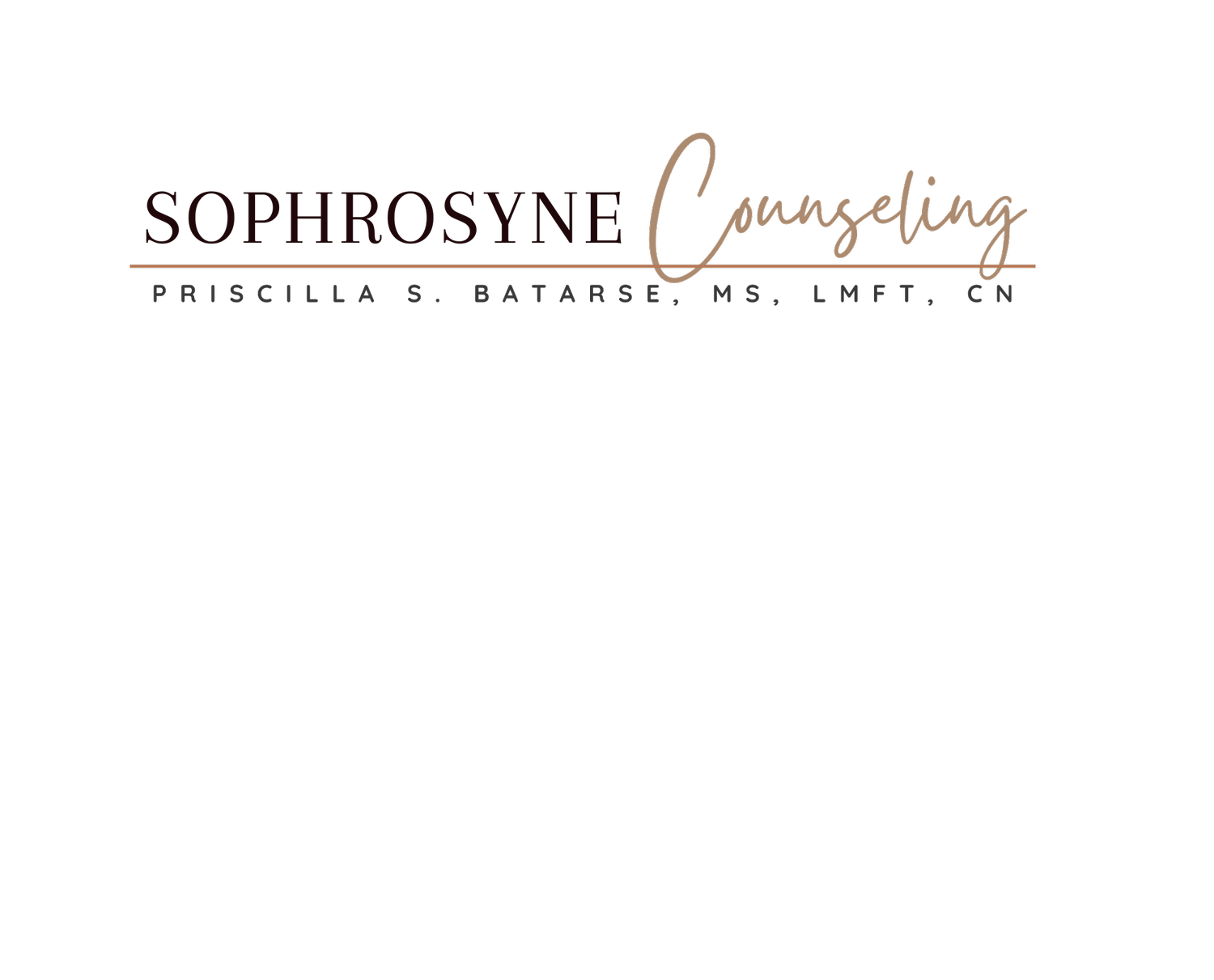“Imperfections are not inadequacies; they are reminders that we’re all in this together”
Empowering You To Feel In Control Through This Life Transition
Early menopause has brought many changes and challenges to you. Menopause did not come at the age and stage of life you expected it to, and has had a significant impact on your wellbeing. You suddenly feel older, different from your peers, and feel you have been cheated out of the normal possibilities of life. It has become very upsetting for you to experience menopause in your 20s or 30s or even early 40s when you expected it to happen in your late 40s or 50s, and you are unable to fulfill the “normal” reproductive capacity women have. You feel a sense of loss of womanhood, loss of dreams, and loss of youth too early in your life.
You’re plunged into a completely different mindset than the one you had before you were diagnosed. Your body is out of control, and you are helpless to change what is happening. Your emotions are affected by the shifting of hormones in your body. You’re feeling angry, scared, and numb; it's not easy,I know. Then the reality of your condition affects your emotions even more. To make matters even more difficult, fertility is more than just the actual biological ability to have children. It symbolizes much more than this. Fertility is youth, womanhood, and the essence of being female. It is a substantial part of how you define yourself as a woman. But, somehow, you have to keep going.
Many factors contribute to the emotional wellbeing of a woman experiencing premature menopause. Some of these include:
Your diagnosis – the time it took, how distressing it was, how it came about, how it was communicated.
Your emotional and physical changes and symptoms – are your symptoms very distressing to you? What are the effects they have on your daily living and functioning? Other factors occurring at the same time as this transition (serious illness, dealing with other life challenges, such as parents ill-health or bereavement, adolescent children or young children or not having children yet, or work or school demands).
Your ways of coping – sometimes the way we used to cope with things stop working, and we need to find new ways to cope.
Your lifestyle Medicine: sleep, nourishment, stress management, and movement.
The stage you are at in your life. (Do you have children or if you wanted to have children.)
Earlier experiences past of depression or anxiety.
It is crucial to have a network of family, friends, and health professionals who will be a support to you through the initial stage, as well as beyond. Regardless of whether the menopause came naturally or early or through surgery, we all share similar feelings of loss and grief with menopause. But, as with any life-changing event, you can cope. You can feel young again; like the real you!

